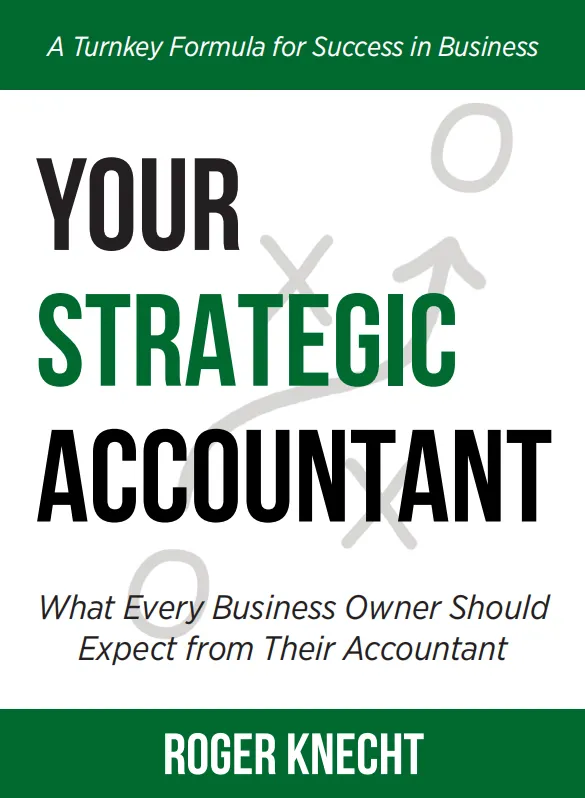Introduction
Accounting and bookkeeping serve as the bedrock of operational stability for businesses, encompassing vital elements such as accounting principles, QuickBooks proficiency, meticulous payroll management, and adherence to evolving financial standards in 2023. Mastery of audit procedures and maintaining a precise ledger are integral components, ensuring not only regulatory compliance but also strategic financial decision-making. Join us as we explore how dedicated accounting and bookkeeping courses pave the way for individuals and businesses to excel in this dynamic landscape.
Understanding Accounting and Bookkeeping
While often used interchangeably, accounting and bookkeeping play distinctive roles in the financial landscape. Bookkeeping involves the systematic recording of daily transactions, ensuring consistency in the financial narrative. On the other hand, accounting transcends this by encompassing interpretation, classification, analysis, reporting, and summarization of financial data, adding a layer of subjectivity to the discipline.
Grasping the Foundation: Key Principles in Accounting and Bookkeeping
Both accounting and bookkeeping are anchored in fundamental principles such as consistency, relevance, reliability, and comparability. A comprehensive understanding of these principles is essential for anyone seeking to delve into the intricacies of a company’s accounting. Whether you’re navigating through accounting equations, deciphering a balance sheet, or synthesizing financial information, these principles form the language of business.
Embarking on Financial Mastery: Learn Accounting and Bookkeeping Fundamentals
For those eager to unravel the intricacies of financial management, learning accounting and bookkeeping fundamentals becomes imperative. From mastering management accounting to deciphering a company’s accounting equations, individuals can gain the skills needed to navigate the intricate web of financial information. Additionally, comprehending bookkeeping entries and adjustments further empowers individuals to contribute effectively to the financial health of a business.
Essential Skills Gained from Accounting Courses
Financial Analysis and Reporting Accounting courses equip individuals with the ability to analyze financial statements, understand fiscal health indicators, and prepare comprehensive reports.
Regulatory Compliance and Ethics These courses also emphasize the importance of adhering to legal standards and maintaining ethical practices in financial accounting cycles.
Learning Outcomes from Bookkeeping Courses
Accurate Record Keeping Bookkeeping courses focus on accurate and systematic record keeping, which is fundamental for tracking business performance.
Financial Transaction Management Learners are taught how to manage transactions efficiently, ensuring that every financial activity is accurately recorded and reported.
Benefits of Bookkeeping and Accounting in Business
Improved Financial Decision Making With a solid grounding in these areas, business leaders can make more informed decisions, understanding the financial implications of their actions.
Enhanced Compliance and Financial Integrity These skills are critical for ensuring compliance with financial regulations and maintaining the integrity of a business’s financial statements.
Role in Business Growth and Sustainability
Long-term Financial Strategy Knowledge in accounting and bookkeeping is essential for developing strategies that foster long-term business growth and sustainability.
Risk Management and Mitigation This knowledge also plays a crucial role in identifying financial risks and implementing measures to mitigate them.
Incorporating Accounting and Bookkeeping in Small Businesses
Cost-Effective Strategies Small businesses, in particular, can benefit from internalizing these skills to manage their finances more effectively without the need for expensive external services.
Technology in Accounting and Bookkeeping
Software and Tools Overview Modern businesses leverage various accounting software and tools to streamline their financial processes.
Automation and Efficiency These technologies not only automate mundane tasks but also increase the overall efficiency and accuracy of financial management.
Career Opportunities in Accounting and Bookkeeping
Job Market and Demand The demand for skilled accounting and bookkeeping professionals remains high, making it a promising career path.
Career Progression Paths These fields offer diverse career progression paths, from entry-level bookkeepers, cpa, to chief financial officers.
Attaining certifications like Professional Tax Preparer, CPA, or EA enhances credibility and opens doors to diverse opportunities, expanding professional horizons.
Bookkeeping Program and Coursera For Businesses
Factors to Consider When selecting a course, consider factors like course content, teaching methodology, and duration.
Accreditation and Recognition Ensuring the course is accredited and recognized by industry bodies adds value to the qualification.
Universal Accounting’s Certificate Program
The Professional Bookkeeper™ certification from Universal Accounting School signifies expertise in applying accounting processes for small to mid-sized businesses. This designation highlights an accountant’s dedication to providing quality service. Whether aspiring to specialize or advance in your career, this program, leading to a bookkeeping certificate, perfectly aligns with the growing demand for skilled professionals in small-business bookkeeping.
Dive into the comprehensive, cost-effective, and self-paced training offered by Universal Accounting Center. Tailored for certified tax preparers, this program instills essential skills for navigating complex tax codes, recognizing deductions and credits, and ensuring the accuracy of tax returns that withstand scrutiny. The effectiveness of this certification lies in its ability to empower individuals with the expertise needed to excel in the intricate field of accounting, providing a solid foundation for professional success.
Conclusion
The role of accounting and bookkeeping online courses in business cannot be overstated. They not only equip individuals with essential skills for managing finances but also lay the groundwork for informed decision-making and strategic planning. Whether you’re a small business owner, an aspiring accountant, or just keen on understanding the financial side of business, these courses are invaluable.
Frequently Asked Questions
1. How long does it take to complete a basic accounting or bookkeeping course?
Completion times vary, but basic accounting or bookkeeping courses typically take a few weeks to a few months.
2. Can I manage my small business finances with just a bookkeeping course?
Yes, a bookkeeping course can provide sufficient skills to manage small business finances effectively.
3. Are online accounting courses as effective as in-person ones?
Online accounting courses are often as effective as in-person ones, offering flexibility and accessibility.
4. What are the career prospects after completing an accounting course?
Career prospects post-accounting course include roles like accountant, auditor, or financial analyst.
5. How often should I update my accounting and bookkeeping skills?
Regular updates are recommended; consider refreshing skills annually to stay current in accounting and bookkeeping.








